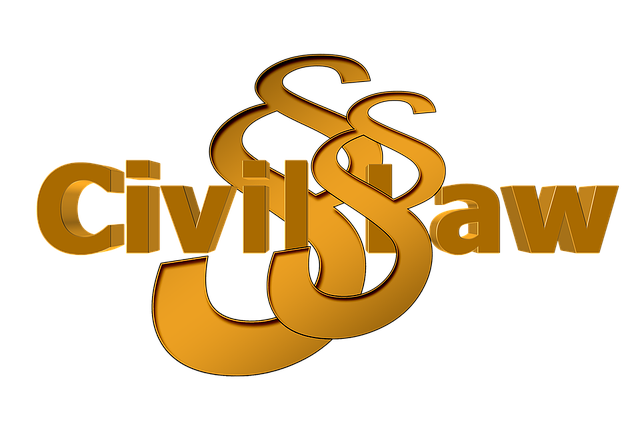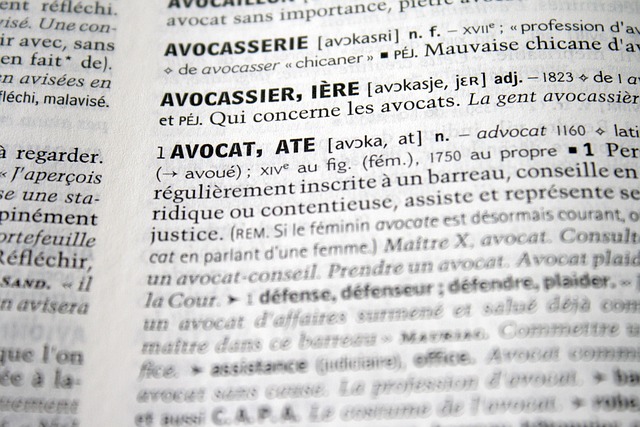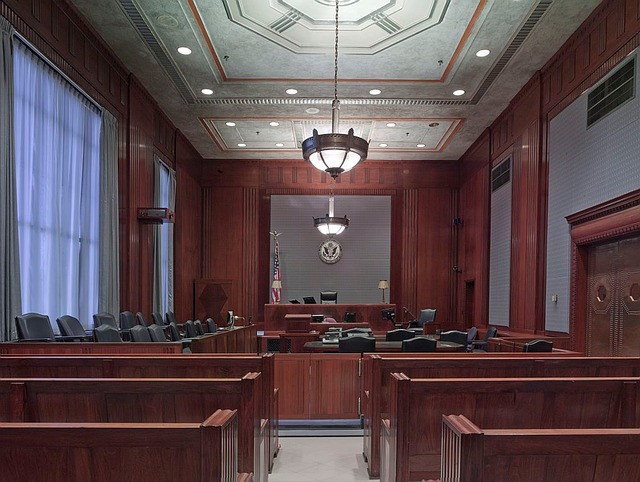Partnership disputes are common, driven by financial issues and conflicting goals. Seeking Legal Advice for Partnership Disagreements is essential to avoid costly legal battles. Early mediation or arbitration can resolve conflicts amicably, preserving partnerships. Breaches of contracts may lead to severe legal consequences, with remedies including damages or specific performance. Tort law addresses civil wrongs, with experienced attorneys crucial for navigating complex disputes. Defamation cases are vital in protecting reputations from malicious falsehoods. Negotiation versus litigation is a key choice, with Legal Advice for Partnership Disagreements guiding the best path forward.
Litigation Types: Navigating Complex Legal Terrain
Partnerships, while powerful, can encounter storms of disagreement. Understanding partnership disputes and their common issues is crucial for seeking legal advice for partnership disagreements. This article delves into key litigation areas: breach of contract, tort law, defamation cases, and negotiation vs. litigation strategies. By exploring these topics, business owners gain insights into potential legal ramifications and available remedies, empowering them to make informed decisions.
- Understanding Partnership Disputes: Common Issues Arise
- Breach of Contract: Legal Ramifications and Remedies
- Tort Law: When Words and Actions Cause Harm
- Defamation Cases: Protecting Reputation in Court
- Negotiation vs. Litigation: Strategies for Conflict Resolution
Understanding Partnership Disputes: Common Issues Arise

Partnership disputes are a common occurrence, often stemming from misunderstandings or differences in business goals and strategies. These conflicts can range from disagreements over financial matters, such as profit distribution and budget allocation, to contentious issues like decision-making authority and management roles. When partners find themselves at odds, it’s crucial to seek legal advice for partnership disagreements to navigate the complex landscape of dispute resolution.
Addressing these disputes early is essential in avoiding high-stakes cases and achieving extraordinary results. By engaging experienced legal professionals, partners can explore alternative dispute resolution methods like mediation or arbitration to resolve their differences amicably. This proactive approach not only preserves business relationships but also allows for a more controlled outcome, ensuring that the partnership remains intact while addressing the core issues effectively.
Breach of Contract: Legal Ramifications and Remedies

When a contract is breached, whether intentionally or through negligence, it can have significant legal ramifications. In the context of business partnerships, where agreements are crucial for smooth operations, breach of contract disputes are not uncommon. Legal Advice for Partnership Disagreements plays a vital role in navigating these complex situations. The remedies available to aggrieved parties can range from monetary damages to specific performance, depending on the nature and severity of the breach.
In cases where a party fails to fulfill their contractual obligations, leading to financial losses or disruption, a winning challenging defense verdict might be sought. An unprecedented track record of successful litigation in such matters can bolster the credibility of legal counsel. While jury trials are a common route for resolving contract disputes, expert witnesses and detailed documentation often prove instrumental in securing favorable outcomes.
Tort Law: When Words and Actions Cause Harm

Tort law is a crucial aspect of legal practice that deals with civil wrongs, focusing on compensating victims for harm caused by others’ actions or inactions. In the context of partnership disagreements, tort claims can arise from various scenarios. For instance, defamatory statements made by one partner about another can lead to a slander or libel case. Additionally, intentional infliction of emotional distress, false imprisonment, or negligence in business operations can all fall under tort law. When words and actions cross the line and result in harm, individuals wronged may seek legal advice for partnership disagreements to pursue compensation through tort claims.
Seeking legal counsel is essential when facing complex partnership disputes as a general criminal defense strategy might not be applicable. Experienced attorneys specializing in tort law can navigate these intricate matters, providing clients with a clear understanding of their rights and options. With an unprecedented track record of success, these professionals guide clients towards obtaining complete dismissal of all charges or significant settlements, ensuring justice for the harmed party.
Defamation Cases: Protecting Reputation in Court

Defamation cases play a crucial role in safeguarding individual reputations against unfair attacks. When someone makes false statements that harm another’s reputation, legal avenues exist to address this. Seeking legal advice for partnership disagreements is particularly relevant here, as business disputes can often lead to defamation claims if not handled carefully. A strong defense strategy is essential to protect one’s integrity and ensure a winning challenging defense verdict.
These cases are more than just legal battles; they represent a fight for the truth and justice in the public eye. In many instances, particularly within philanthropic and political communities, where reputations carry significant weight, the outcome of defamation trials can shape an individual’s future. While jury trials offer a level of transparency and community involvement, navigating these cases requires careful consideration and expert legal counsel to present compelling arguments and protect one’s rights.
Negotiation vs. Litigation: Strategies for Conflict Resolution

When faced with a partnership disagreement, many wonder: negotiation or litigation? The former involves collaborative problem-solving, where parties work together to reach an agreement amicably, often with the help of legal advice for partnership disagreements. This approach fosters open communication and can lead to creative solutions tailored to both parties’ needs. It’s particularly effective when preserving the relationship is a priority.
On the other hand, litigation is a more confrontational path, where disputes are decided by a court. While it may provide a definitive resolution, it often involves lengthy processes, significant legal fees, and potential damage to the respective business reputation. The goal is typically to secure a favorable outcome, but the process itself can be stressful and unpredictable. A key consideration: successful litigation doesn’t always result in avoiding indictment or securing a complete dismissal of all charges, unlike negotiation’s ability to resolve issues without formal accusations.
In navigating complex legal landscapes, understanding various litigation types is paramount. From partnership disputes and breaches of contract to tort law and defamation cases, each scenario demands tailored strategies. For those seeking legal advice for partnership disagreements, considering negotiation or exploring litigation options can foster effective conflict resolution. By familiarizing themselves with these distinct areas of law, individuals can protect their rights, safeguard reputations, and achieve favorable outcomes in any dispute.






